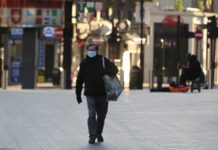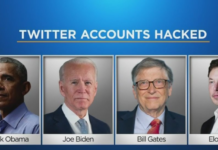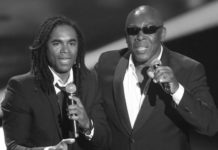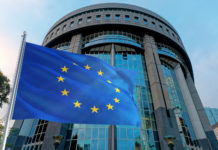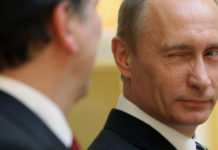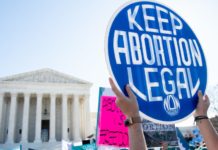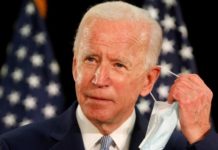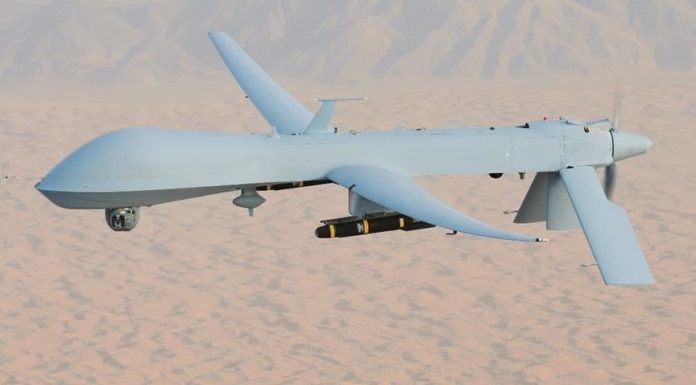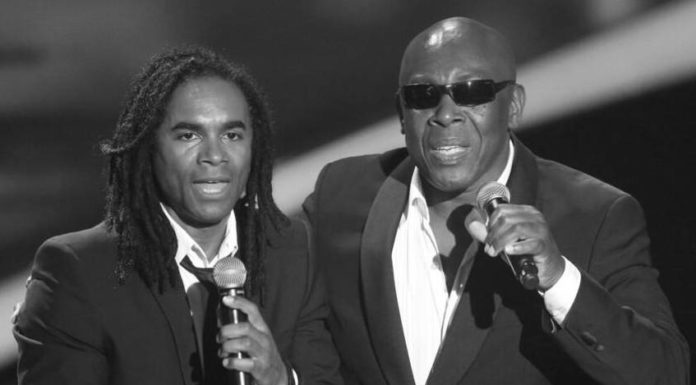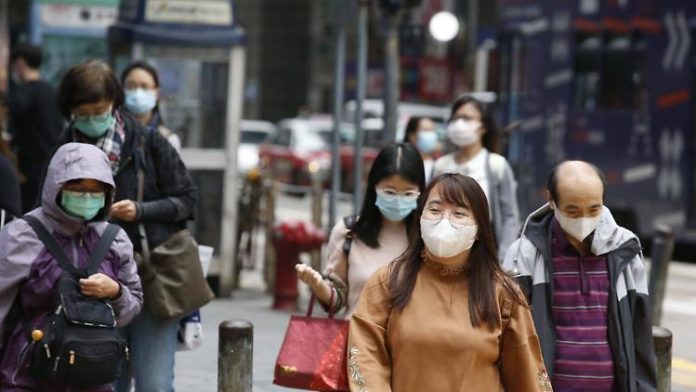
What happens to Americans of Asian origin in the Corona crisis is entrusted by some to a network of civil rights activists
It is a story from a supermarket in California – told by an American of Asian descent who prefers to keep her name to herself. The woman writes that she has asked other customers in the queue at the checkout to please keep to the distance rules. No sooner had she said it than she was accosted: “You Chinese bring us the virus, and then you dare to tell people to keep their distance?
Others report depressing experiences with car services like Uber or Lyft. In one case, two Uber chauffeurs in a row refused to let a man with East Asian facial features on board. “The one stopped, looked at me and sped away. The next one drove up slowly, glanced at me, shook his head and left me standing,” or the hostility at a bus stop. “Someone yelled that I should wear a protective mask because I’m from Asia. Then when I was on the bus, a woman stared at me the whole time while holding a rosary in her hands.”
And then there’s the passerby who was thrown a bottle from a passing car.
Tip of the iceberg
What happens to Americans of Asian origin in the Corona crisis is entrusted by some to a network of civil rights activists, the Asian American Pacific Islander Civil Rights Organization (AAPI). On March 19, the AAPI set up an Internet portal where those affected can describe their experiences. Since then, says Manjusha Kulkarni in a telephone interview with STANDARD, more than 1100 people have spoken out.
Naturally, one knows that it is only the tip of the iceberg, as thousands silently eat their frustration into themselves instead of writing it from their souls. Then Kulkarni narated an incident in Los Angeles, “at the time when the virus was already spreading, and schools were not yet closed. A twelve-year-old is abused by a schoolyard bully. He carries the disease inside him, he should disappear back to China. When the boy replies that he does not come from China, he is struck by fists and needed to be brought the hospital.
What worries her, says Kulkarni, is the speed at which clichés are warmed up: There is the “yellow danger” that was conjured up in the 19th century; there is an immigration stop for Chinese imposed in 1882 and valid until 1943; there is the internment of citizens with Japanese roots in World War II: “The history of stereotypes is long,” the lawyer summarizes. “Underneath the surface the prejudices were always there. Now, in the crisis, everything breaks down again.”
Andrew Yang, a high-tech entrepreneur whose parents came to the USA from Taiwan, ran for the Oval Office until February. In the Democratic Party he is considered the man of the future. In a recent article for the Washington Post, Yang also described his current everyday experiences: At the entrance to a supermarket, three men had stared at him with sinister looks. “There was something accusatory in their eyes,” writes Yang. “And then, for the first time in years, I felt it. I felt myself consciously, even a little ashamed, as an Asian.”
The Crisis Text Line, a telephone helpline that tries to help people in life crises, has seen the percentage of callers with an Asian background rise from five to 13 percent in recent weeks, the former presidential candidate adds.
Memories of 9/11
Manjusha Kulkarni, born in India, feels reminded of the time after September 11, 2001, when American Muslims became targets after the terrorist attacks – migrants from the Arab world as well as immigrants from South Asia, such as Sikhs in turbans. “The search for scapegoats, it’s always the same,” she says. But President George W. Bush at the time explicitly called for tolerance towards Muslims, while the current President Donald Trump is even stirring up resentment. He talked about the “China virus” for a long time, until he finally decided to abandon the term in the fourth week of March.



